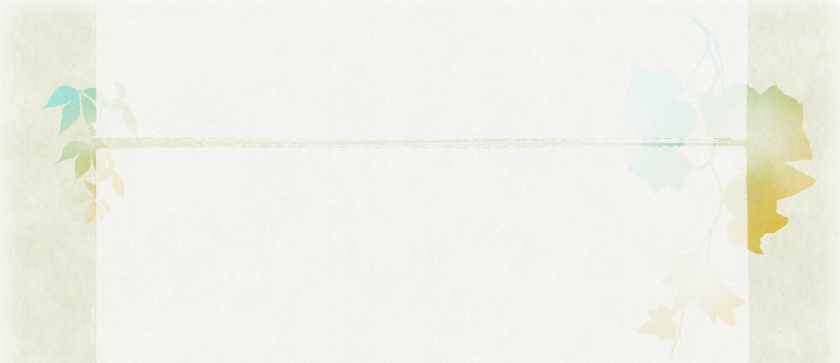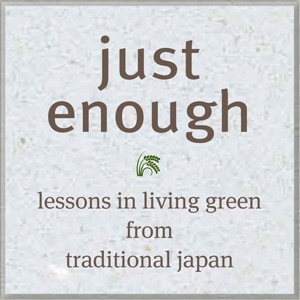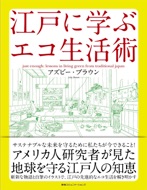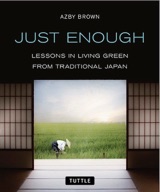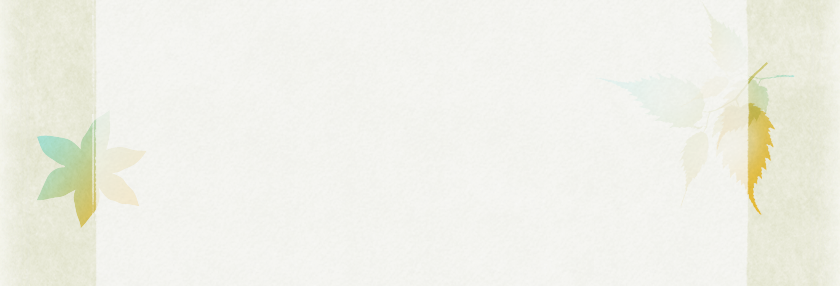What is it like to live in a sustainable society? If we want to live sustainably, how should we feel about nature? About waste? About our forests and rivers? About food? What is the "traditional Japanese way of life," and what can it teach us today?
Just Enough is a book of stories and sketches, depictions of vanished ways of life told from the point of view of a contemporary observer. It tells how people lived in Japan some two hundred years ago, during the late Edo Period, when traditional technology and culture were at the peak of development, just before the country opened itself to the West and joined the ranks of the industrialized nations.
Only a few centuries earlier, the country had been on the brink of disaster, its environment pushed to the edge through overly aggressive use of natural resources. But the government and people overcame many of the identical problems that confront us today–issues of energy, water, materials, food, and population–and forged from these formidable challenges a society that was conservation-minded, waste-free, well-housed and well-fed, and economically robust, and which has bequeathed to us admirable and enduring standards of design and beauty.
From these pages, readers will gain insight into what it is like to live in a sustainable society: how larger concerns can guide daily decisions and how social and environmental contexts shape our courses of action. The book illustrates the environmentally related problems that the people in both rural and urban areas faced, the conceptual frameworks in which they viewed these problems, and how they went about finding solutions. Included at the end of each section are a number of lessons in which the author elaborates on just what Edo-period life has to offer us in the global battle to reverse environmental degradation.
Just Enough, more than anything else, is about a mentality that pervaded Japanese society then and which can serve as a beacon for our own efforts to achieve sustainability today.
